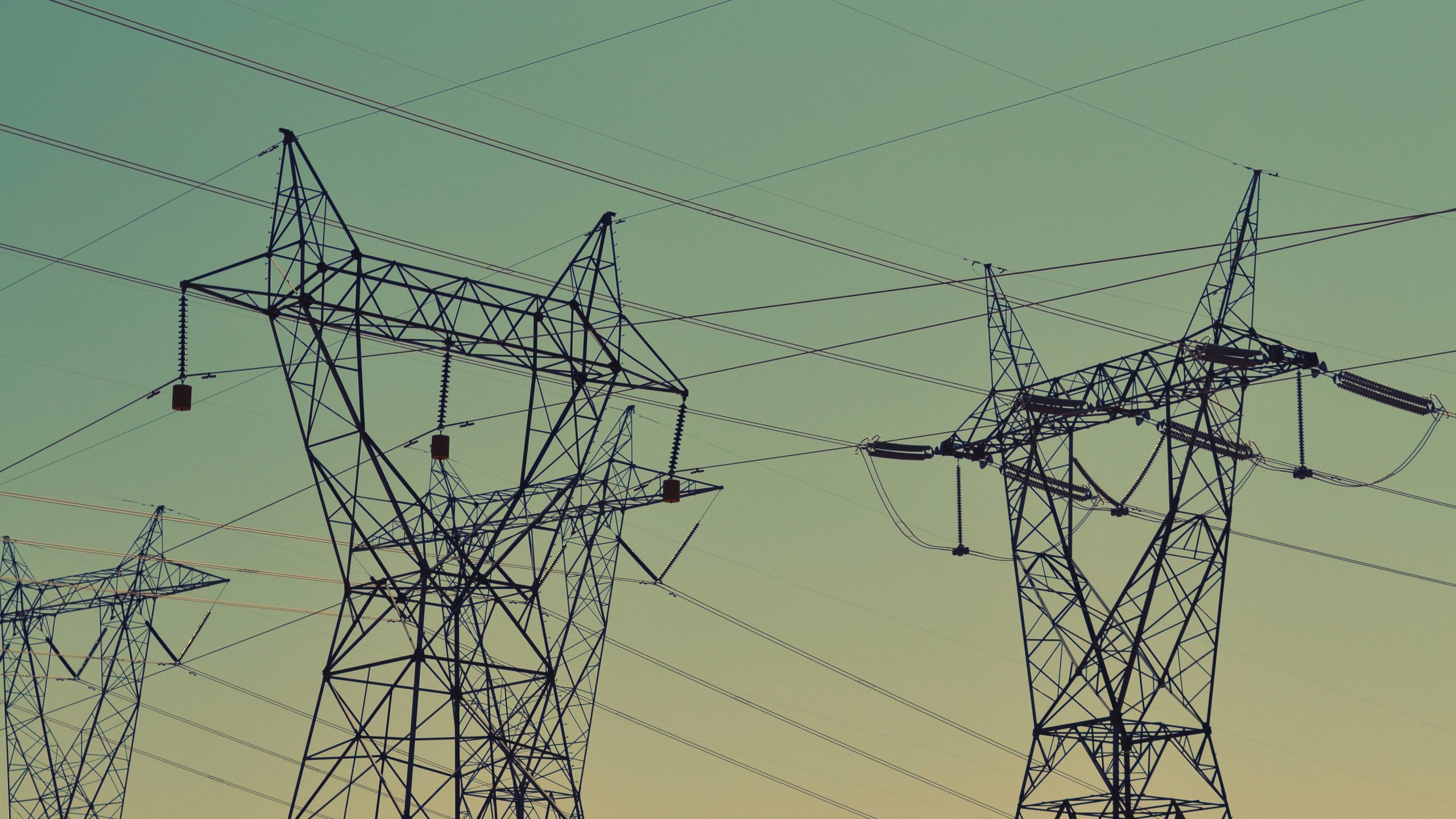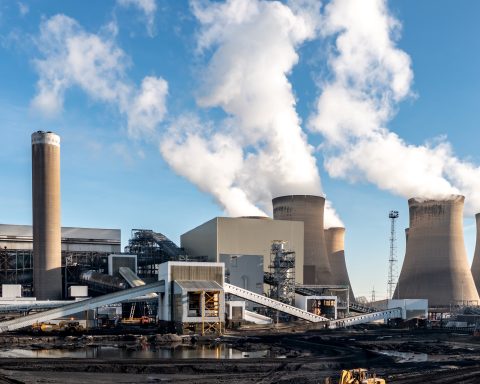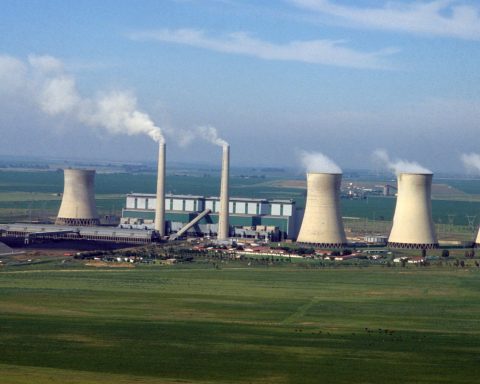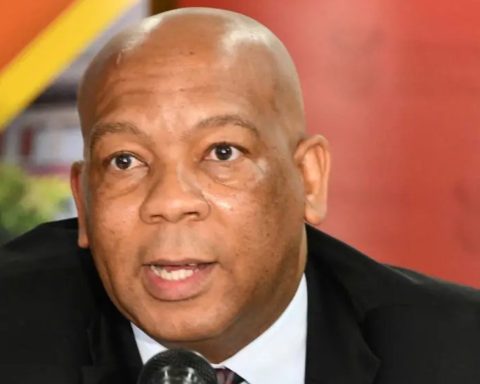South Africa’s energy sector faces turmoil due to a R54 billion Nersa tariff error that miscalculated Eskom’s revenue needs. As a result, the National Energy Regulator of South Africa settled with Eskom to recover the shortfall, raising tariffs to 8.76% for 2026/27 and 8.83% for 2027/28, up from 5.36% and 6.19%.
Consequently, this error burdens consumers already struggling with costs. Therefore, urgent reforms are critical to prevent future missteps, while households explore ways to manage rising bills.
Roots of the Nersa Tariff Error
Initially, the Nersa tariff error arose from flawed calculations in Eskom’s sixth multi-year price determination. Specifically, incorrect data inputs distorted depreciation values and regulatory asset base figures. Although identified in January 2025, the mistake persisted until July. Subsequently, Nersa settled for R54 billion without public consultation, sparking transparency concerns. Meanwhile, Chairperson Thembani Bukula labeled it a “clerical error” during a September 10 parliamentary session, acknowledging systemic governance flaws.
Consumers Face Rising Costs
As a direct result, the Nersa tariff error adds 3.4 percentage points to 2026/27 tariffs and 2.64 to 2027/28, with R35 billion recovered over three years. Moreover, electricity prices have surged, intensifying financial strain. For instance, the South African Local Government Association highlighted risks of deepened poverty and municipal budget pressures. Additionally, analysts note an 18% effective tariff hike, urging recovery of Eskom’s inefficient costs. In response, Electricity Minister Kgosientsho Ramokgopa called it a major affordability setback, advocating for strategic shifts.
Regulatory and Political Fallout
In reaction, Nersa suspended a staff member and initiated an audit to investigate the error. Furthermore, Bukula promised robust consequence management and improved staffing. On September 11, the Democratic Alliance referred Nersa to the Public Protector, demanding a board overhaul. Similarly, spokesperson Kevin Mileham criticized the secretive settlement. Meanwhile, civil groups pushed for pricing model revisions. Ultimately, renewables and cost audits could stabilize the sector and shield consumers from future errors.






